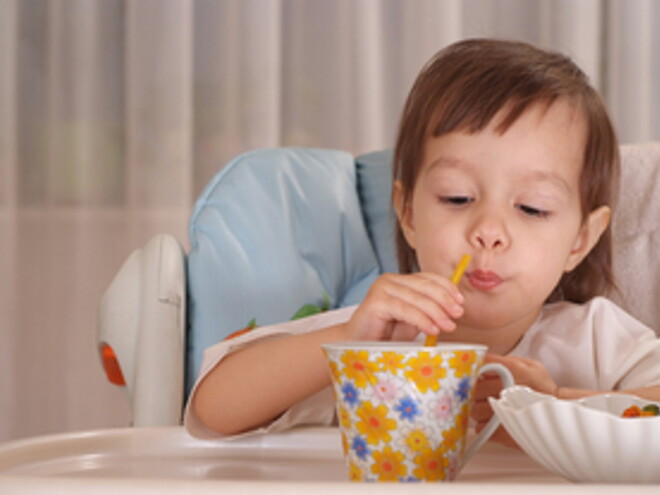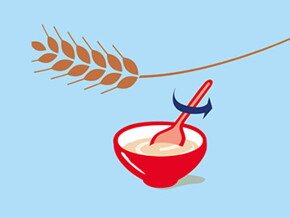
What To Do When Your Child Won’t Drink Milk?
My Toddler Won't Drink Milk!
IMPORTANT NOTICE: The World Health Organization (WHO) recommends exclusive breastfeeding for the first 6 months and continued breastfeeding for as long as possible. Growing up milks are formulated to meet nutrition needs of healthy young children older than 1 year and should not be fed to infants.
Milk is a healthy nutritious food that provides young children with vitamins and essentials nutrients needed for their growth.
If your child is starting to eliminate milk from his diet and substituting it with other beverages, either because he’s getting bored with milk or simply because he doesn’t like it anymore, we advise you to try these simple tricks to keep your toddler interested in milk and keep milk an important part of his eating routine:
- Add milk to your child’s glass of water. Start out with a small amount, and then gradually try increasing it. In few weeks, your tot will begin enjoying a whole glass of milk without noticing!
- Get your child to drink more milk by using a new colored cup and a unique straw.
- Serve your toddler chocolate/ strawberry/ vanilla flavored milk or try to disguise the taste of the regular milk with cacao powder or a mashed banana.
- Serve your tot a bowl of sugar-free cereals along with his glass of milk.
- Try to incorporate milk in a number of your recipes. Add it for instance to soups, homemade sweets and pasta.
- Make healthy delicious smoothies for your child, by mixing milk with fruits of any kind.
- Cook your toddler’s oatmeal with milk instead of water.
- Make drinking milk more fun for your child; play with each other or compete against each other to see who can draw the longest milk mustache.
In addition to all these tricks, remember to be a good role model. Your toddler likes to imitate you and won’t think twice about drinking milk everyday if you do it yourself. More importantly, don’t force or pressure your little one to have milk, yet try your best to compensate for any essential nutrient he may be falling short on.
Read More: Feeding Disorder Of Early Childhood




















